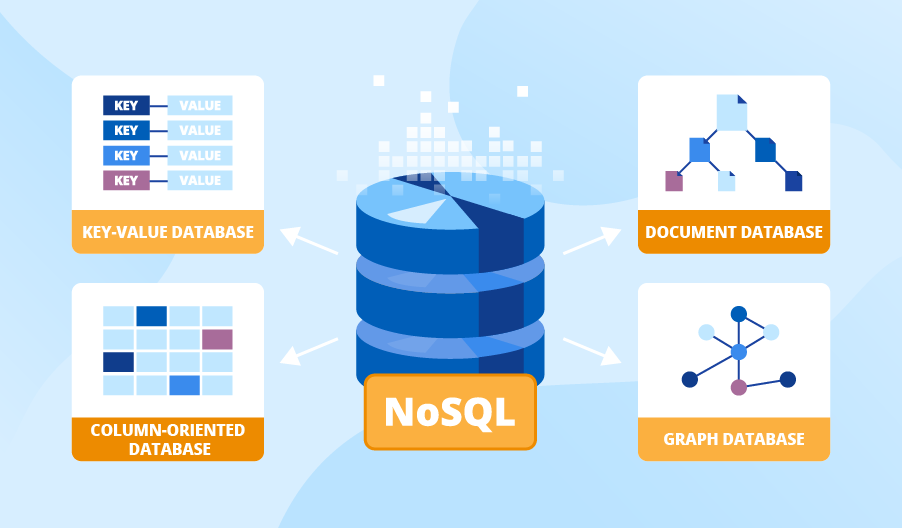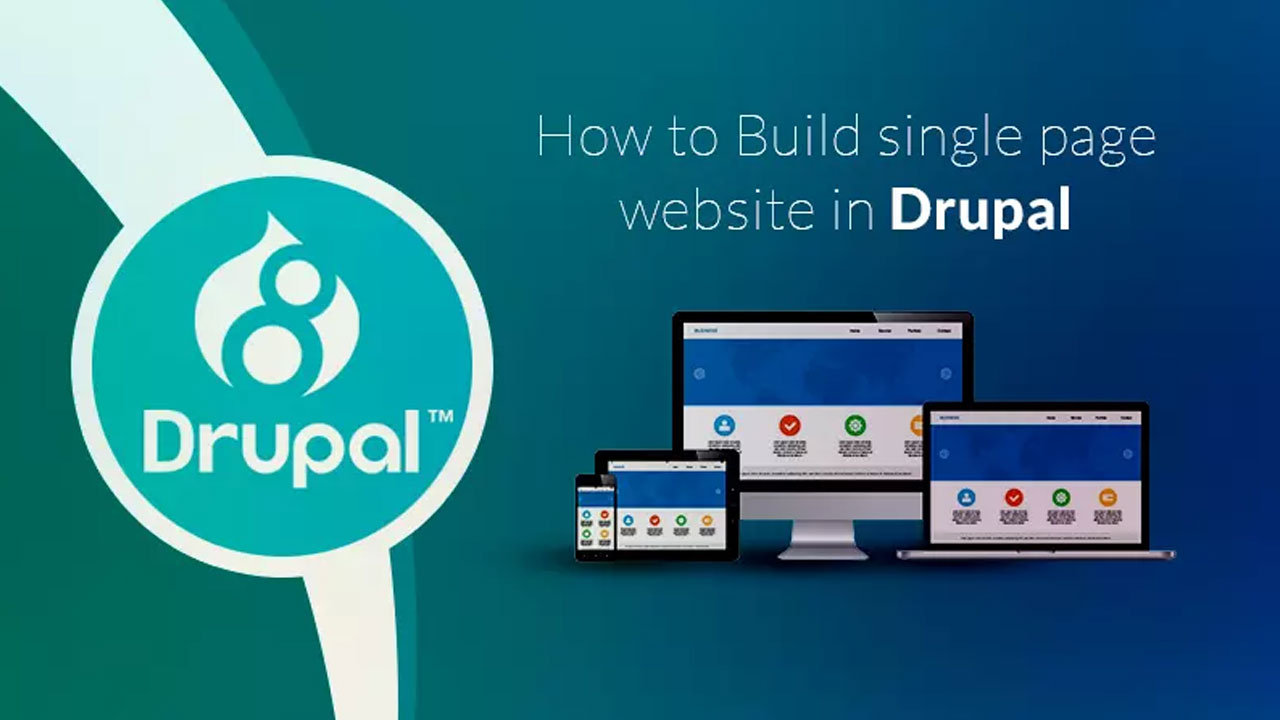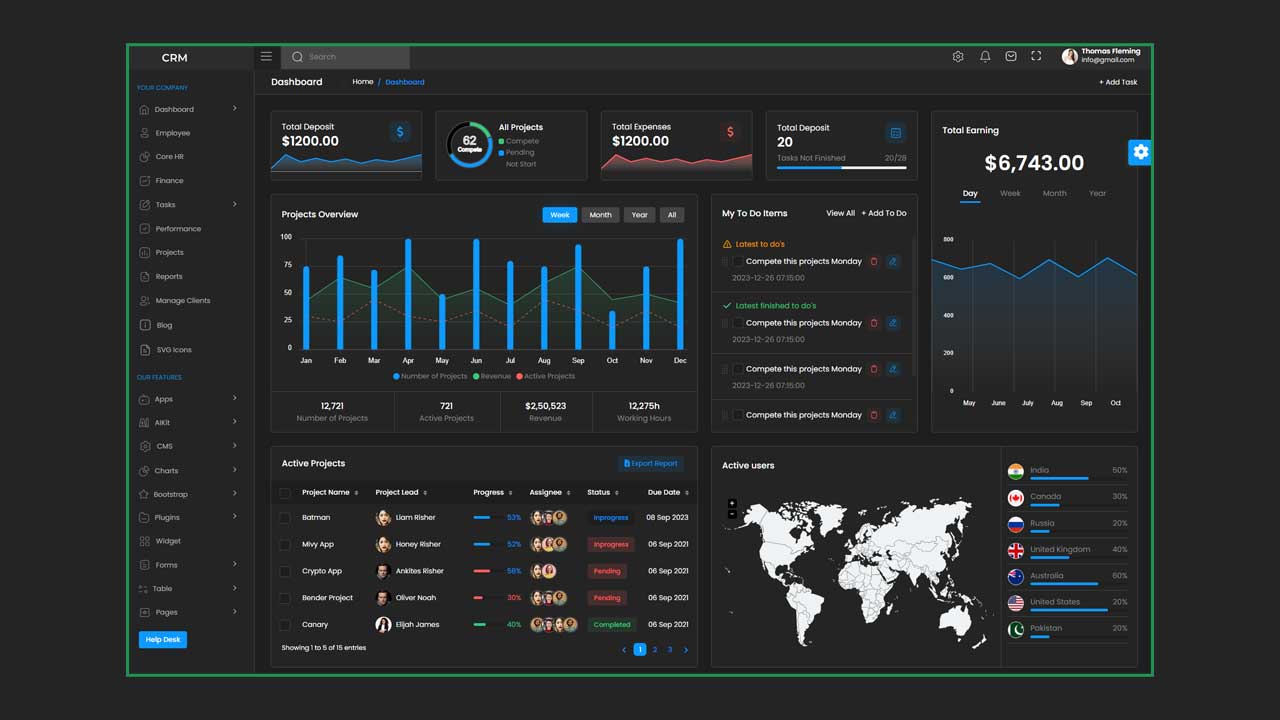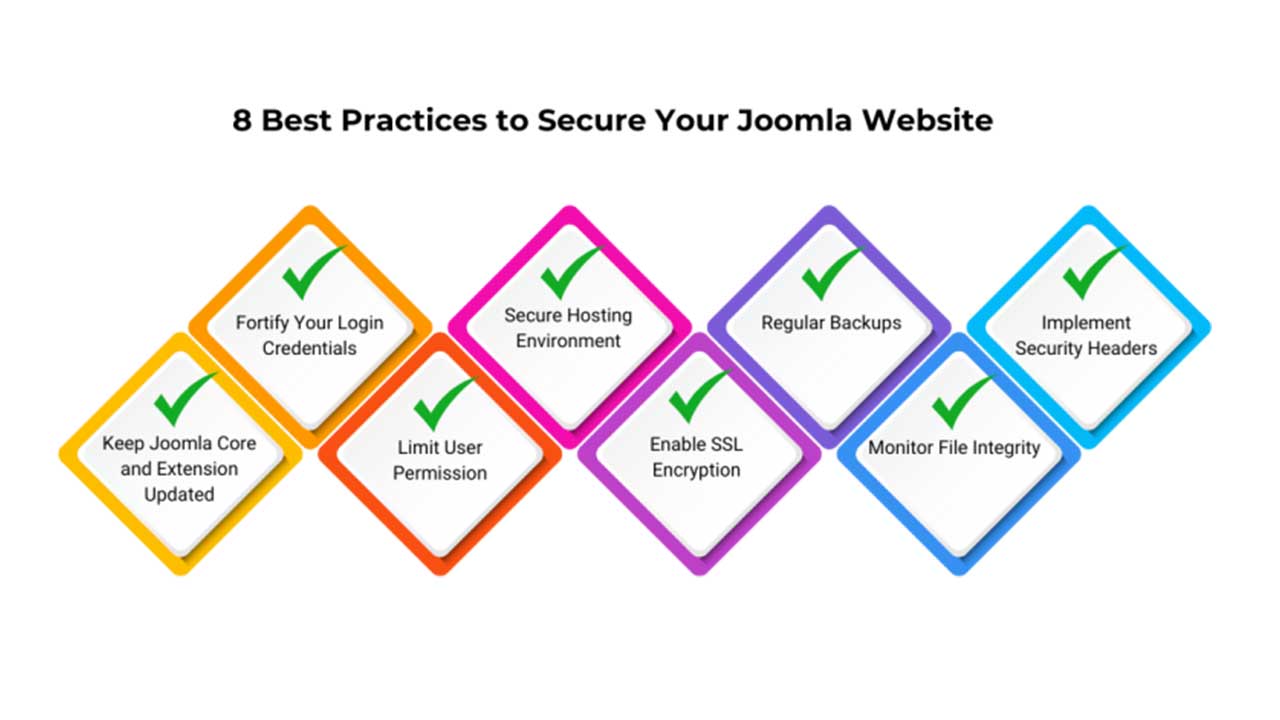Understanding NoSQL Databases: A Comprehensive Guide
As the landscape of data management continues to evolve, NoSQL databases have emerged as a popular alternative to traditional relational databases. With the rise of big data, the need for scalable, flexible, and high-performance database solutions has never been greater. This guide explores NoSQL databases, delving into their types, benefits, use cases, and how they compare to SQL databases.
NoSQL, or “Not Only SQL,” databases are designed to handle a wide variety of data models. Unlike traditional SQL databases, which rely on a rigid, tabular schema, NoSQL databases offer more flexibility in terms of data storage and retrieval. This flexibility makes them particularly well-suited for managing large volumes of unstructured or semi-structured data.
Key Characteristics of NoSQL Databases
1. Schema-less: No predefined schema, allowing for dynamic data structure changes.
2. Horizontal Scalability: Easily scale out by adding more servers.
3. Distributed Architecture: Data is distributed across multiple nodes to ensure high availability.
4. High Performance: Optimized for read/write operations, providing faster data access.
Types of NoSQL Databases
NoSQL databases are categorized into four main types, each tailored for specific use cases and data types.
1. Document Stores
Document-oriented databases store data in documents, typically using formats like JSON, BSON, or XML. Each document can contain complex nested structures, making it easy to model real-world entities.
Examples: MongoDB, CouchDB
Use Cases: Content management systems, user profiles, catalogs
2. Key-Value Stores
Key-value databases are designed for simplicity, storing data as a collection of key-value pairs.
Examples: Redis, Riak
Use Cases: Caching, session management, real-time analytics
3. Column-Family Stores
Each column family contains rows that are composed of columns, allowing for efficient read and write operations.
Examples: Apache Cassandra, HBase
Use Cases: Time-series data, logging, sensor data
4. Graph Databases
Graph databases store data in nodes and edges, making them ideal for representing and querying complex relationships between data points.
Examples: Neo4j, Amazon Neptune
Benefits of NoSQL Databases
1. Flexibility
NoSQL databases provide a flexible data model, allowing for the storage of varied data types without requiring a fixed schema. This is particularly useful for applications with evolving data requirements.
2. Scalability
Horizontal scalability is a core feature of NoSQL databases. They can handle massive amounts of data and traffic by distributing the load across multiple servers.
3. High Performance
Designed for high performance, NoSQL databases optimize read and write operations, making them suitable for real-time applications and large-scale data processing.
4. Cost-Effectiveness
NoSQL databases can be more cost-effective, especially for big data applications, as they often run on commodity hardware and scale outwards seamlessly.
Use Cases for NoSQL Databases
1. Big Data and Analytics
NoSQL databases are ideal for big data applications that require the processing of large volumes of unstructured or semi-structured data.
2. Content Management Systems
The flexibility of document stores makes them perfect for content management systems, where the data structure can vary significantly between documents.
3. Internet of Things (IoT)
IoT applications generate vast amounts of data from sensors and devices, which can be efficiently managed using column-family or time-series databases.
4. Social Networks
Graph databases excel in managing and querying the complex relationships typical of social networks and recommendation engines.
NoSQL vs. SQL Databases
While NoSQL databases offer many advantages, it’s important to understand how they compare to traditional SQL databases.
Structure
SQL: Structured schema with tables, rows, and columns.
NoSQL: Flexible schema, allowing for a variety of data models (documents, key-value pairs, columns, graphs).
Scalability
SQL: Typically scales vertically (adding more power to a single server).
NoSQL: Scales horizontally (adding more servers).
Transactions
SQL: Strong ACID (Atomicity, Consistency, Isolation, Durability) compliance.
NoSQL: CAP theorem (Consistency, Availability, Partition tolerance) often results in eventual consistency.
Use Cases
SQL: Suitable for applications requiring complex queries and transactions.
NoSQL: Ideal for large-scale, distributed data environments with varying data types.
Conclusion
NoSQL databases offer a powerful alternative to traditional relational databases, providing flexibility, scalability, and high performance for modern data management needs. Understanding the different types of NoSQL databases and their use cases can help organizations choose the right solution for their specific requirements.
FAQs
1. What is the main advantage of NoSQL databases over SQL databases?
NoSQL databases offer greater flexibility and scalability, making them ideal for handling large volumes of unstructured or semi-structured data.
2. Can NoSQL databases handle transactions?
Yes, some NoSQL databases support transactions, but they often prioritize availability and partition tolerance over strong consistency, following the CAP theorem.
3. Are NoSQL files suitable for all applications?
NoSQL databases are best suited for applications requiring high scalability, flexibility, and performance. They may not be the best choice for applications with complex transactions and queries.
4. How do NoSQL databases achieve horizontal scalability?
NoSQL files achieve horizontal scalability by distributing data across multiple servers or nodes, allowing them to handle increased load by adding more servers.
5. What are some common use cases for graph databases?
Graph databases are commonly used in social networks, recommendation engines, and fraud detection, where managing and querying relationships between data points is critical.
